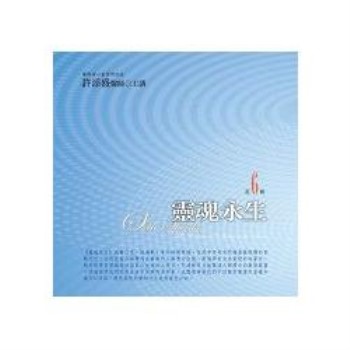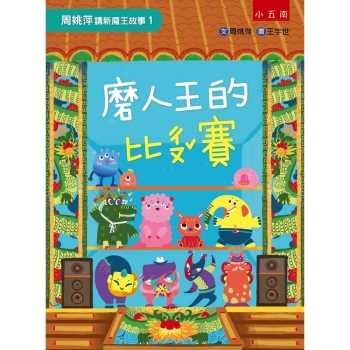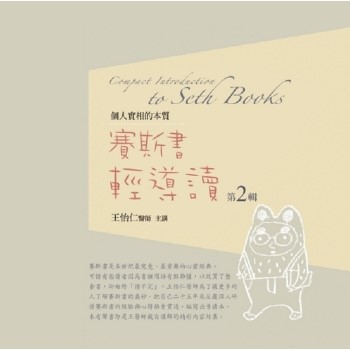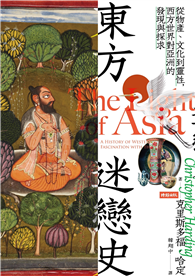Aksu-Koc's empirical research on Turkish children's acquisition of the past tense forms the basis for this original and important contribution to the current debate among psycholinguists on the interrelationship between language and cognitive development. Turkish, in its grammar, makes a clear distinction between direct and indirect experience, separating personal observation of processes from both inference and narrative. This distinction thus provides an ideal method of observing linguistic and neurolinguistic conceptual development. Aksu-Koc exploits this technique to its full advantage in a study conducted across a wide range of ages. The data are meticulously analyzed and the theoretical implications for a neo-Piagetian paradigm are carefully considered.
| FindBook |
有 1 項符合
The Acquisition of Aspect and Modality: The Case of Past Reference in Turkish的圖書 |
 |
The Acquisition of Aspect and Modality: The Case of Past Reference in Turkish 作者:Aksu-Koc、Ayha 出版社:Cambridge University Press 出版日期:1988-03-25 語言:英文 規格:精裝 / 260頁 / 23.6 x 16 x 2.3 cm / 普通級 / 初版 |
| 圖書館借閱 |
| 國家圖書館 | 全國圖書書目資訊網 | 國立公共資訊圖書館 | 電子書服務平台 | MetaCat 跨館整合查詢 |
| 臺北市立圖書館 | 新北市立圖書館 | 基隆市公共圖書館 | 桃園市立圖書館 | 新竹縣公共圖書館 |
| 苗栗縣立圖書館 | 臺中市立圖書館 | 彰化縣公共圖書館 | 南投縣文化局 | 雲林縣公共圖書館 |
| 嘉義縣圖書館 | 臺南市立圖書館 | 高雄市立圖書館 | 屏東縣公共圖書館 | 宜蘭縣公共圖書館 |
| 花蓮縣文化局 | 臺東縣文化處 |
|
|
圖書介紹 - 資料來源:博客來 評分:
圖書名稱:The Acquisition of Aspect and Modality: The Case of Past Reference in Turkish
|










